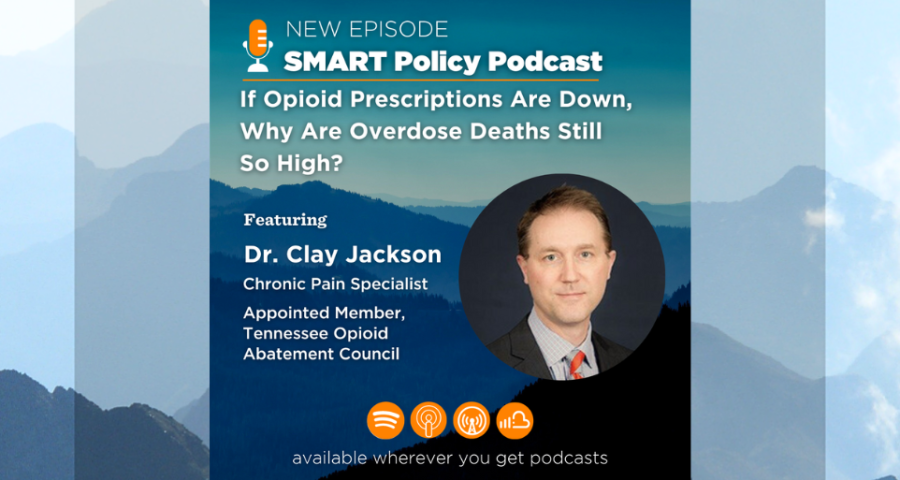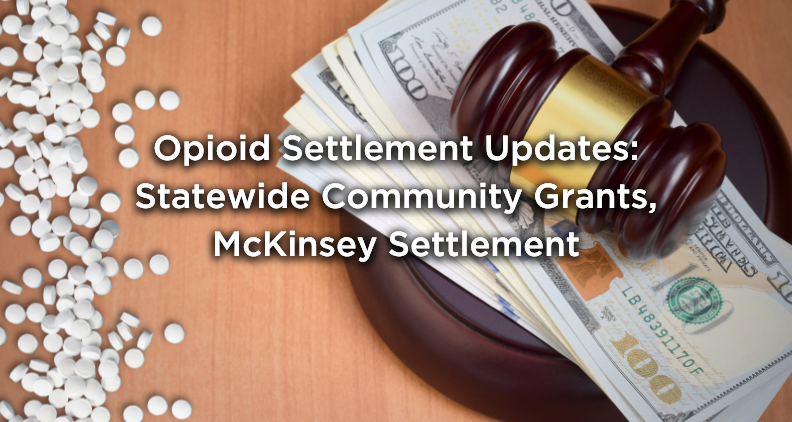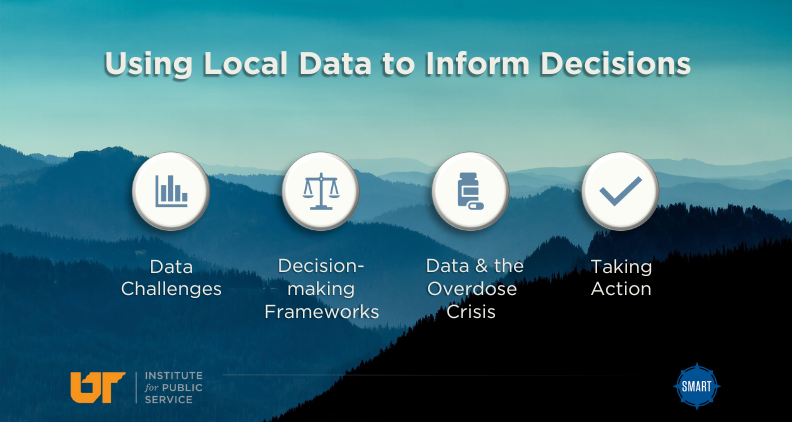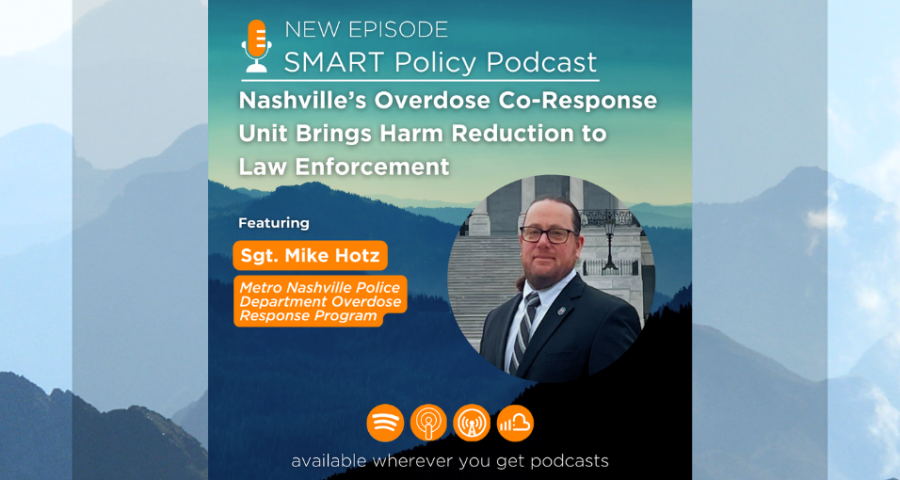This excellent overview by The Sycamore Institute of where Tennessee is now with regards the opioid settlements. This report also details some of the work that SMART has done with county governments and used some of our payment projection data for their graphics.
Opioid Settlements in Tennessee: “Where are We Now” Analysis by The Sycamore Institute










